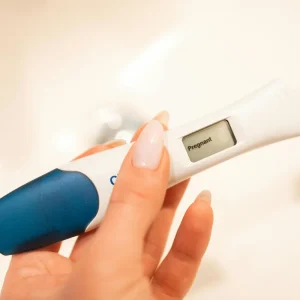I spent sixteen years believing my father died in a car accident. My mother repeated the story so often—the wreck, the missing body, the grief—that it carved itself into my childhood. She held me tightly, insisting it was “just us against the world.” When she married Daniel, a wealthy and distant provider, our lives became stable but never warm. I respected him, but he always felt like an accessory to the life my mother built around her version of the past.
Everything changed a week after my sixteenth birthday. A disheveled man appeared at our door, staring at me with stunned recognition. When he saw my mother behind me, he exploded—calling her by name, accusing her of abandoning him. My mother turned ghost-white, and for the first time, her certainty cracked. The man said he’d woken from an accident with no memory, spent years recovering fragments, and finally remembered us: the home we shared, the life they planned, the daughter he’d loved.
He told me he was my father. My mother didn’t deny it. She claimed she believed his recovery was hopeless and chose a future with Daniel instead. The truth shattered everything—Daniel filed for divorce, and I could no longer look at my mother the same way. My father, John, slowly built a place in my life, taking me for coffee, filling in the blank years, and teaching me how to rebuild—both fences and relationships.
At seventeen, I packed my things and moved with him to his hometown. It wasn’t glamorous, but it was honest. He showed up for everything—prom, graduation, the small milestones we’d both been robbed of.
Now, at twenty-three, I’m getting married, and he’ll walk me down the aisle. I’m not ready to forgive my mother, but I finally understand what home really means: not wealth or comfort, but the person who never stops trying to find their way back to you.





